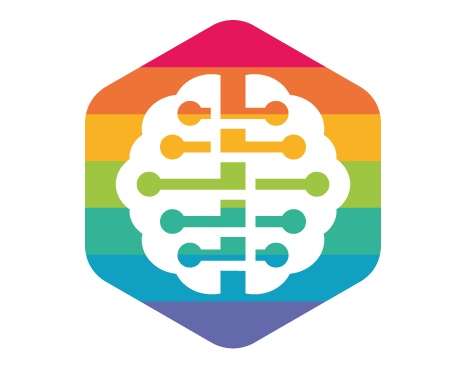
More About
Music Therapy
FREQUENTLY ASKED QUESTIONS
What is Music Therapy
The American Music Therapy Association (AMTA) defines music therapy as the clinical and evidence-based use of music interventions to accomplish individualized goals within a therapeutic relationship by a credentialed professional who has completed an approved music therapy program.
“Music Therapy is an established health profession in which music is used within a therapeutic relationship to address physical, emotional, cognitive, and social needs of individuals. After assessing the strengths and needs of each client, the qualified music therapist provides the indicated treatment including creating, singing, moving to, and/or listening to music. Through musical involvement in the therapeutic context, clients’ abilities are strengthened and transferred to other areas of their lives. Music therapy also provides avenues for communication that can be helpful to those who find it difficult to express themselves in words. Research in music therapy supports its effectiveness in many areas such as: overall physical rehabilitation and facilitating movement, increasing people’s motivation to become engaged in their treatment, providing emotional support for clients and their families, and providing an outlet for expression of feelings.”
What is Neurologic Music Therapy
Neurologic Music Therapy (NMT) is a research-based system of 20 standardized clinical techniques for sensorimotor training, speech and language training, and cognitive training.
NMT is the therapeutic application of music to cognitive, sensory, and motor dysfunctions due to neurologic disease of the human nervous system. Treatment techniques are based on the scientific knowledge of music perception and production and the effects thereof nonmusical brain and behavior functions.
Populations served by Neurologic Music Therapists include, but are not limited to: stroke, traumatic brain injury, Parkinson’s and Huntington’s disease, cerebral palsy, Alzheimer’s disease, autism, and other neurological diseases affecting cognition, movement, and communication (e.g., MS, Muscular Dystrophy, etc). NMT encompasses neurologic rehabilitation, neuropediatric, neuropsychiatric, neurogeriatric, and neurodevelopmental therapy.
Who is Qualified to Practice Music Therapy?
Persons who complete one of the approved college music therapy curricula (including an internship) are then eligible to sit for the national examination offered by the Certification Board for Music Therapists. Music therapists who successfully complete the independently administered examination hold the music therapist-board certified credential (MT-BC). Click HERE for more information.
What Do Music Therapists Do?
Music therapists assess emotional well-being, physical health, social functioning, communication abilities, and cognitive skills through musical responses; design music sessions for individuals and groups based on client needs using music improvisation, receptive music listening, song writing, lyric discussion, music and imagery, music performance, and learning through music; participate in interdisciplinary treatment planning, ongoing evaluation, and follow up.

